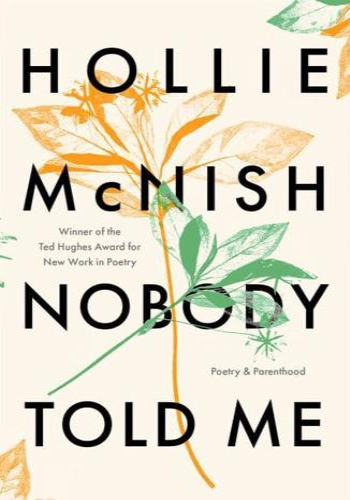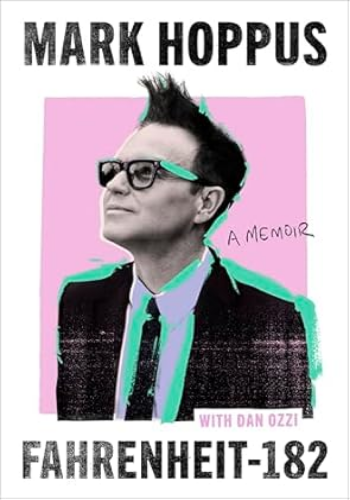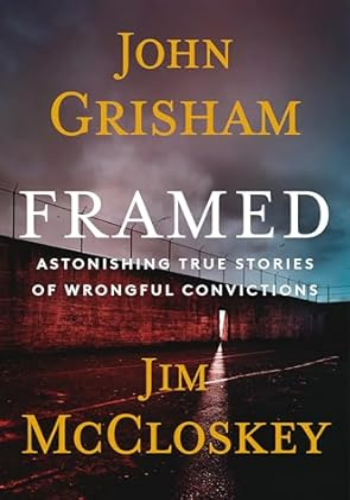Winner of the Ted Hughes Award for New Work in Poetry
'This book should be required reading for anyone thinking of having a baby, or even anyone who knows someone who is thinking of having a baby' Scotland on Sunday
'Fascinating and honest' Mumsnet
'Like talking to a friend' Observer
There were many things that Hollie McNish didn't know before she was pregnant. How her family and friends would react; that Mr Whippy would be off the menu; how quickly ice can melt on a stomach. These were on top of the many other things she didn't know about babies: how to stand while holding one; how to do a poetry gig with your baby as an audience member; how drum'n'bass can make a great lullaby. And that's before you even start on toddlers.
But Hollie learned. And she's still learning, slowly.
Nobody Told Me is a collection of poems and stories; Hollie's thoughts on raising a child in modern Britain, of trying to become a parent in modern Britain, of sex, commercialism, feeding, gender and of finding secret places to scream once in a while.







